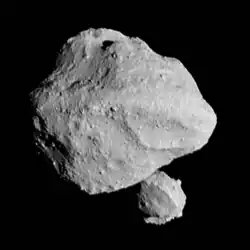|
The Astronomy Portal
Introduction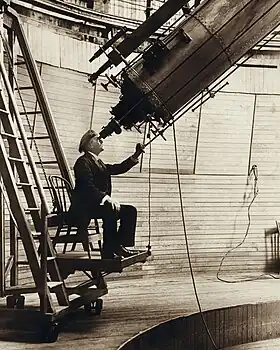 Percival Lowell observing Venus from the Lowell Observatory telescope in 1914 Astronomy is a natural science that studies celestial objects and phenomena. It uses mathematics, physics, and chemistry in order to explain their origin and evolution. Objects of interest include planets, moons, stars, nebulae, galaxies, meteoroids, asteroids, and comets. Relevant phenomena include supernova explosions, gamma ray bursts, quasars, blazars, pulsars, and cosmic microwave background radiation. More generally, astronomy studies everything that originates beyond Earth's atmosphere. Cosmology is a branch of astronomy that studies the universe as a whole. Astronomy is one of the oldest natural sciences. The early civilizations in recorded history made methodical observations of the night sky. These include the Egyptians, Babylonians, Greeks, Indians, Chinese, Maya, and many ancient indigenous peoples of the Americas. In the past, astronomy included disciplines as diverse as astrometry, celestial navigation, observational astronomy, and the making of calendars. Professional astronomy is split into observational and theoretical branches. Observational astronomy is focused on acquiring data from observations of astronomical objects. This data is then analyzed using basic principles of physics. Theoretical astronomy is oriented toward the development of computer or analytical models to describe astronomical objects and phenomena. These two fields complement each other. Theoretical astronomy seeks to explain observational results and observations are used to confirm theoretical results. Astronomy is one of the few sciences in which amateurs play an active role. This is especially true for the discovery and observation of transient events. Amateur astronomers have helped with many important discoveries, such as finding new comets. (Full article...) General images -The following are images from various astronomy-related articles on Wikipedia.
|
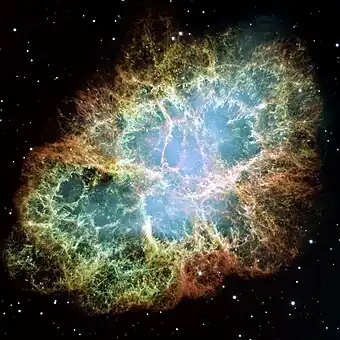 |
|
| WikiProject Astronomy | WikiProject Solar System |
|---|---|
| WikiProject Cosmology | WikiProject Spaceflight |
Selected image -
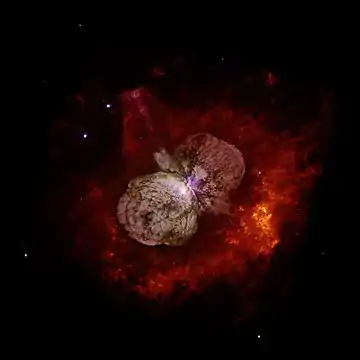
Gamma-ray burst progenitors are the types of celestial objects that can emit gamma-ray bursts (GRBs). GRBs show an extraordinary degree of diversity. They can last anywhere from a fraction of a second to many minutes. Image is Eta Carinae, in the constellation of Carina, one of the nearer candidates for a hypernova.
Astronomy News
- 24 November 2023 –
- Astronomers at the Telescope Array Project in Utah, United States, observe the second largest cosmic ray ever detected, the so-called Amaterasu particle, with an energy of 244 EeV. (Cosmos Magazine)
- 14 June 2023 –
- Astronomers report that the presence of phosphates on Enceladus, moon of the planet Saturn, has been detected, completing the discovery of all the basic chemical ingredients for life on the moon. (New York Times)
- 12 June 2023 – Discoveries of exoplanets
- Astronomers announce in the journal Nature Astronomy the discovery of BEBOP-1c, an exoplanet orbiting the binary star system, TOI-1338. The system is the second discovered to have more than one circumbinary planet. (Space.com)
December anniversaries
- 7 December 1972 – The “Blue Marble” photograph is taken by the Apollo 17 crew
- 8 December 1992 – Galileo completes the second Earth flyby
- 14 December 1962 – Mariner 2 becomes the first space probe to perform a flyby of a planet, when it passes within 35,000 kilometers of Venus
- 17 December 1917 – “2001: A Space Odyssey” science fiction author Arthur C. Clarke is born
- 19 December 2013 – Gaia is launched for the mission to study billions of stars in the Milky Way
- 21 December 1968 – Apollo 8, is launched with the first crewed spacecraft to leave Earth orbit, reach the Moon, orbit it, and return safely to Earth
- 27 December 1571 – Astronomer, mathematician, and astrologer Johannes Kepler is born
Space-related Portals
Astronomical events
All times UT unless otherwise specified. Portal:Astronomy/Events/December 2023
Topics
Subcategories
Things you can do
|
Here are some Open Tasks :
Astronomy featured article candidates:
Astronomy articles for which peer review has been requested:
|
Wikibooks
These books may be in various stages of development. See also the related Science and Mathematics bookshelves.
- Astronomy
- GAT: A Glossary of Astronomical Terms
- Introduction to Astrophysics
- General relativity
- Observing the Sky from 30°S
- Observing the Sky from 40°N
Wikijunior
Associated Wikimedia
The following Wikimedia Foundation sister projects provide more on this subject:
-
 Commons
Commons
Free media repository -
 Wikibooks
Wikibooks
Free textbooks and manuals -
 Wikidata
Wikidata
Free knowledge base -
 Wikinews
Wikinews
Free-content news -
 Wikiquote
Wikiquote
Collection of quotations -
 Wikisource
Wikisource
Free-content library -
Wikiversity
Free learning tools -
 Wiktionary
Wiktionary
Dictionary and thesaurus
-
 List of all portalsList of all portals
List of all portalsList of all portals -
 The arts portal
The arts portal -
 Biography portal
Biography portal -
 Current events portal
Current events portal -
 Geography portal
Geography portal -
 History portal
History portal -
 Mathematics portal
Mathematics portal -
 Science portal
Science portal -
 Society portal
Society portal -
 Technology portal
Technology portal -
 Random portalRandom portal
Random portalRandom portal -
 WikiProject PortalsWikiProject Portals
WikiProject PortalsWikiProject Portals
Shortcuts to this page: Astronomy portal • P:ASTRO
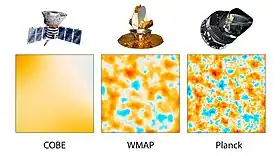
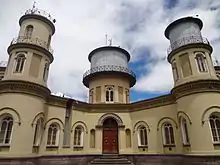
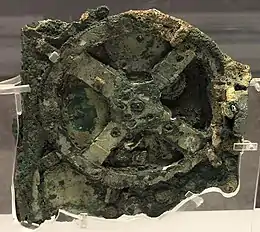
.jpg.webp)
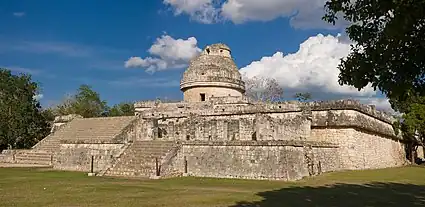
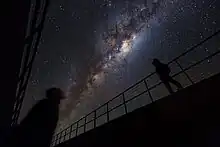

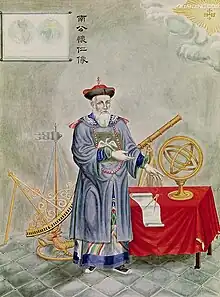
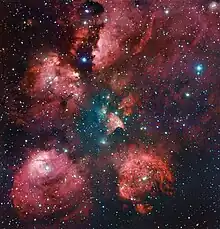
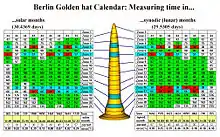
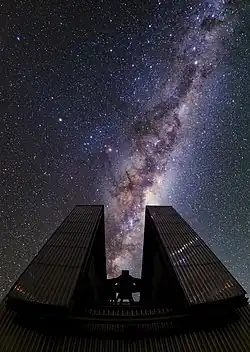
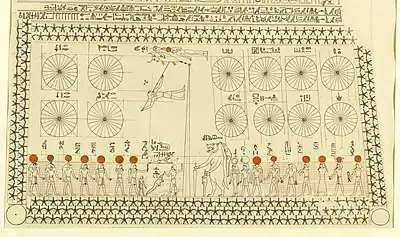
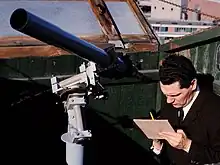
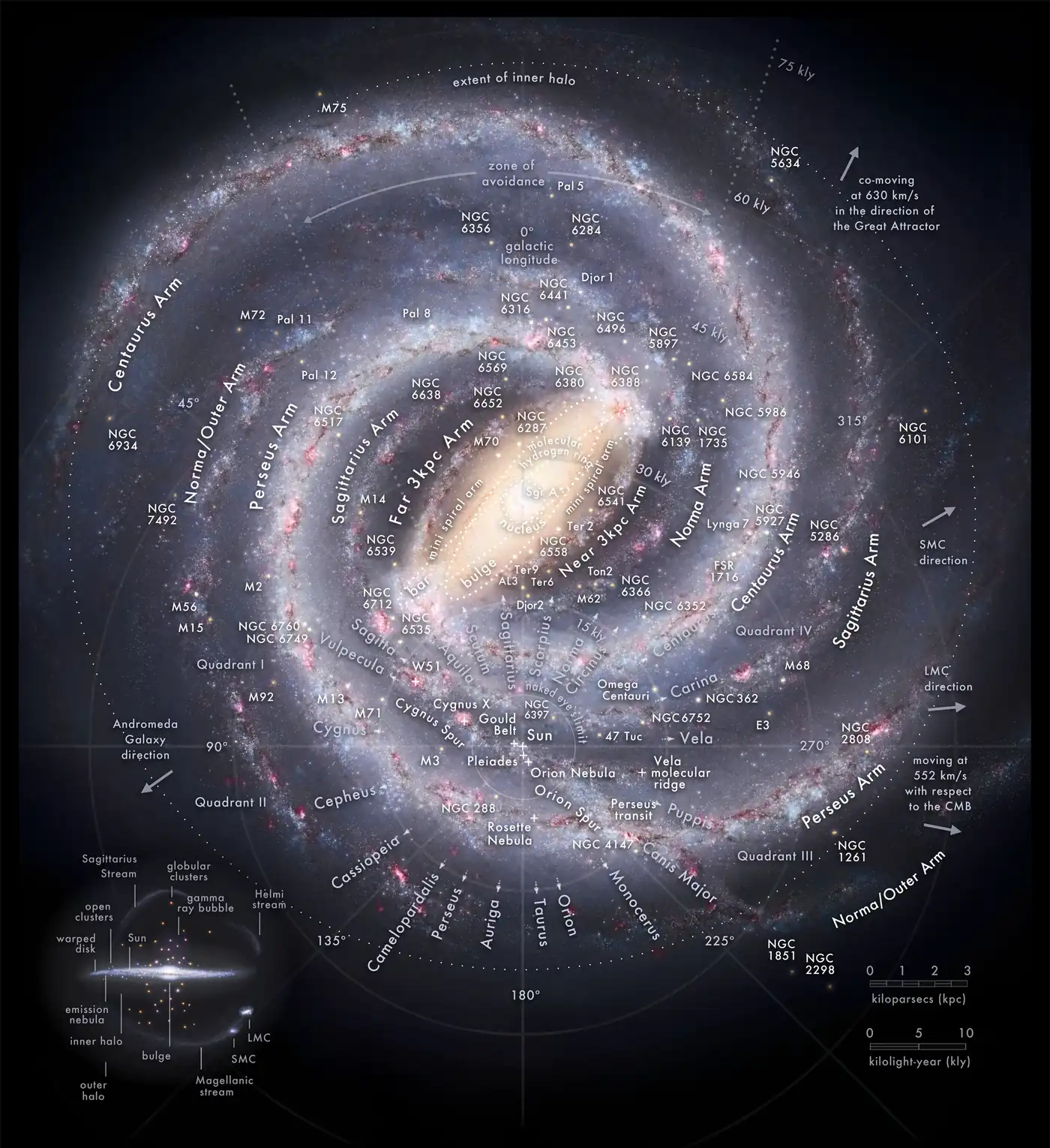

.jpg.webp)
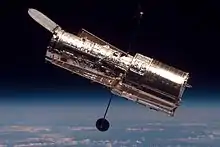

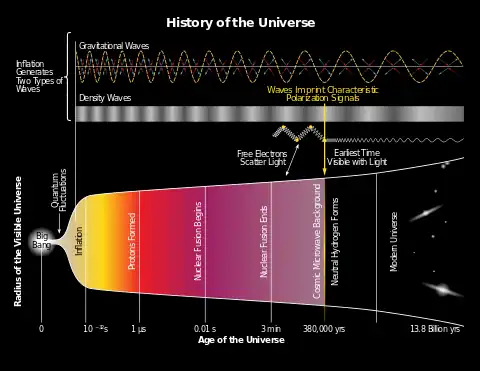
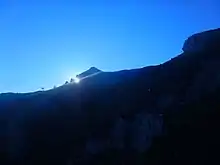
.jpg.webp)
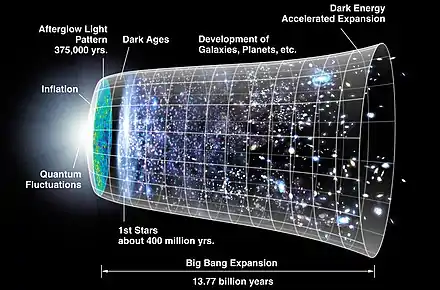
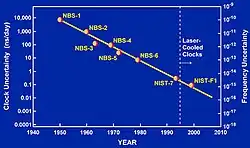
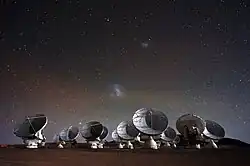


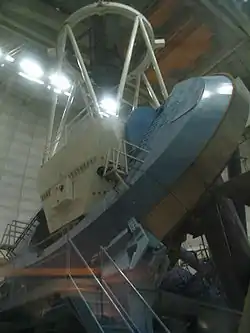
.jpg.webp)
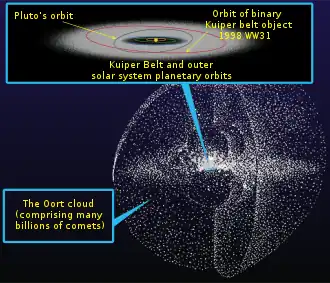
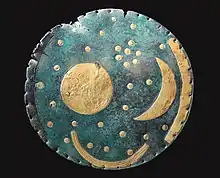
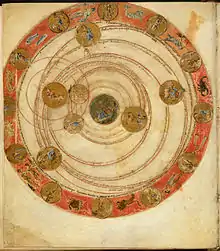
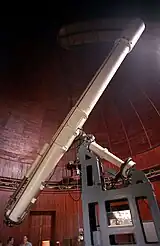
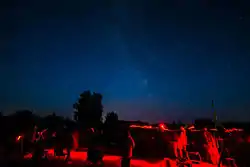
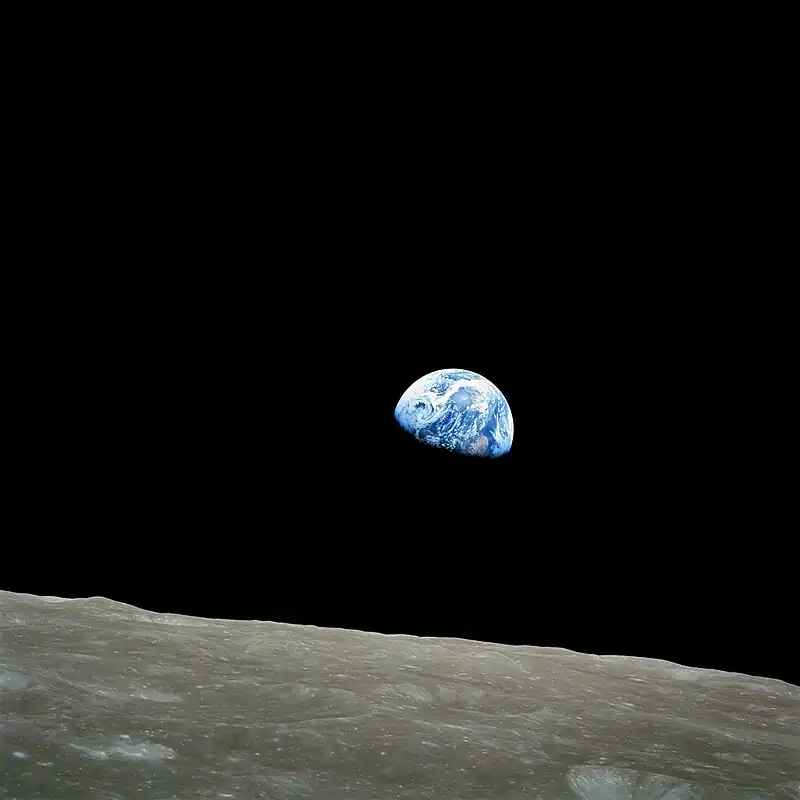
.png.webp)
